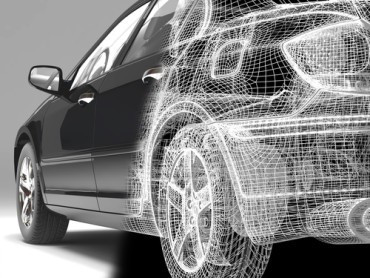
Using machine learning to accurately predict and improve the health and life of a battery will enable manufacturers to embed this software straight into their battery devices and improve the in-life service for the consumer.
A collaborative study between the University of Cambridge, A* Star and the Nanyang Technological University showed machine learning to be an accurate approach for modeling battery technology.
With many automakers moving to an electric-first business model in the next ten years, having long-lasting batteries that charge quickly is imperative. Researchers around the world are attempting to improve lithium-ion, with some looking beyond it to solid-state batteries.
The machine learning algorithm was built by Intellegens, a spin-out of the University of Cambridge’s Cavendish Laboratory. It uses deep neural networks to extract information from existing processes, which has been used in material science and healthcare.
“The insights in this review article could have a transformative effect on the battery industry. Highlighting how machine learning can accurately predict and improve the health and life of a battery will enable manufacturers to embed this software straight into their battery devices and improve their in-life service for the consumer,” said Dr. Gareth Conduit, co-founder of Intellegens.
Research and testing of battery tech can take years, as several key parameters are tested. Voltage, temperature, and state of change are all variables that can cause malfunction. With the machine learning algorithm, that testing period can be shortened to a few weeks.
“Our machine learning technology, Alchemite, can see correlations between all available parameters, both inputs and outputs, in sparse and noisy datasets,” added Conduit.
“The result is accurate models that can predict missing values, find errors and optimize target properties. Capable of working with data that is as little as 0.05% complete, Alchemite can unravel data problems that are not accessible to traditional machine learning approaches.”
This is not the first attempt by academics to use artificial intelligence in building better batteries. MIT and the Argonne National Laboratory have both published similar studies in 2019.






